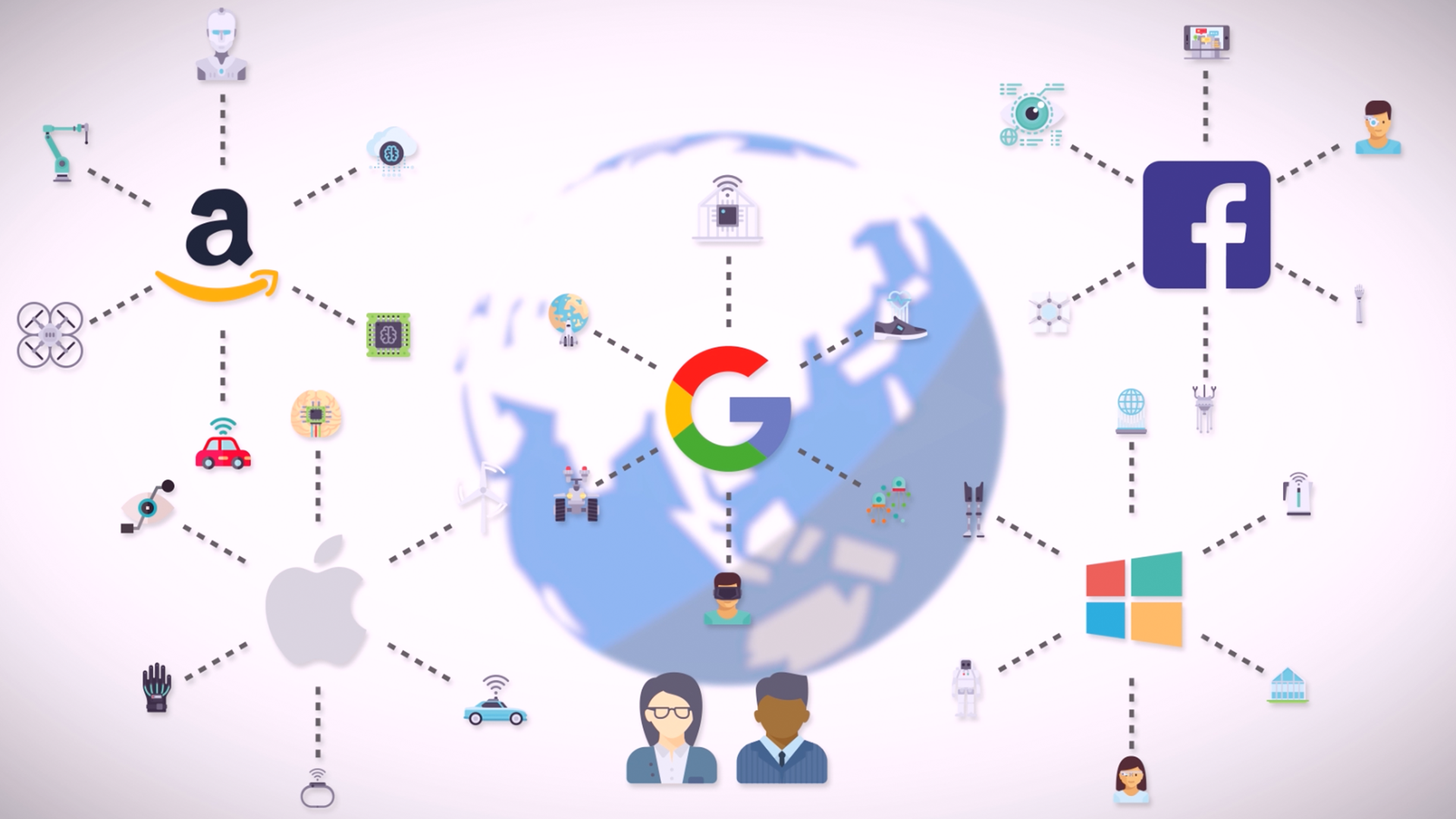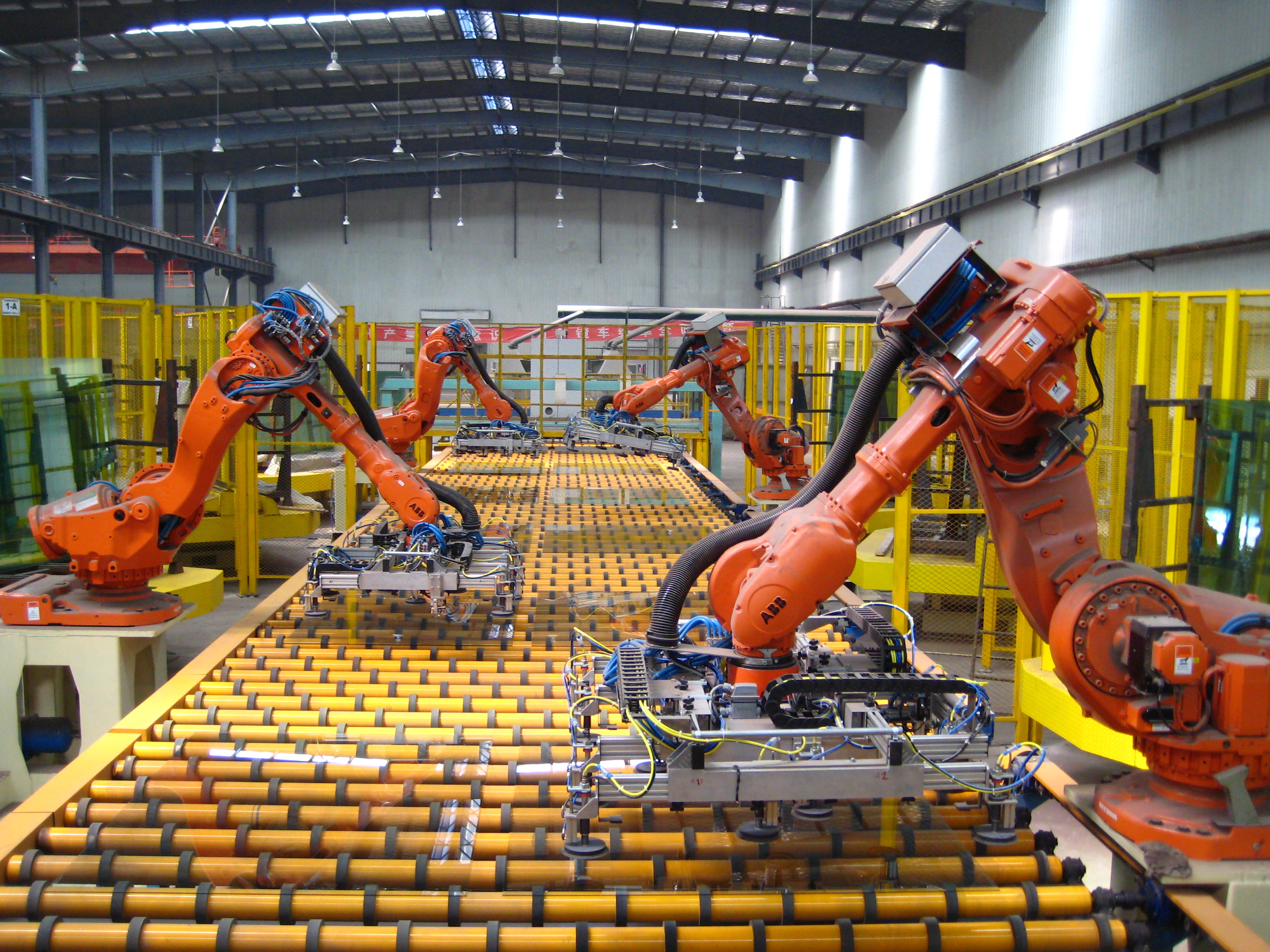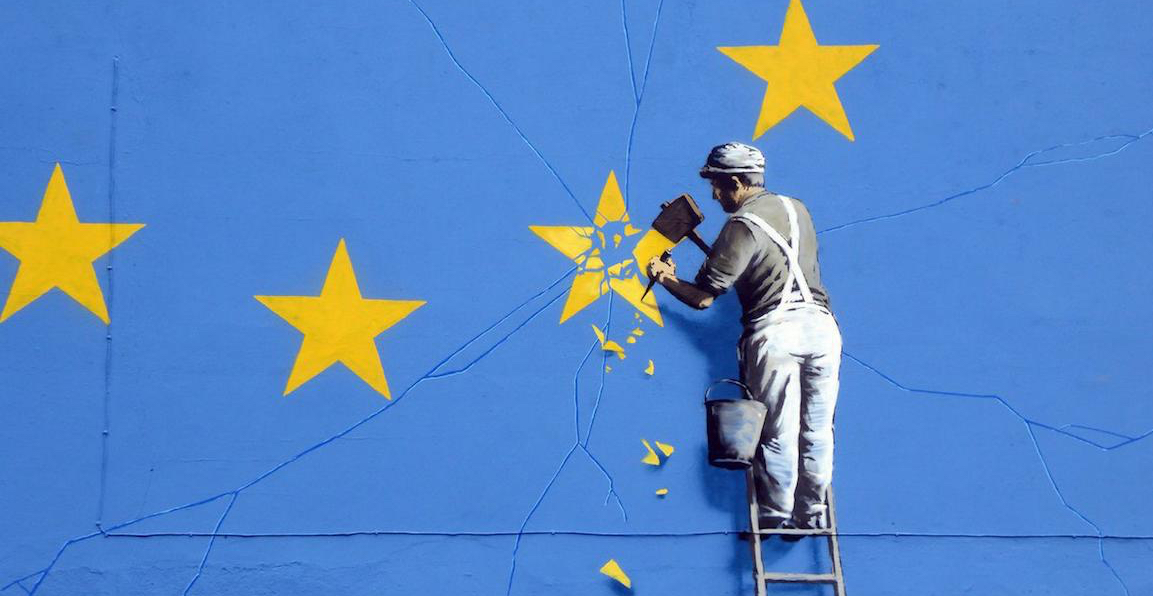

 By Rajat Panwar (Oregon), Jonatan Pinkse (Manchester) and Valentina De Marchi (Padova)
By Rajat Panwar (Oregon), Jonatan Pinkse (Manchester) and Valentina De Marchi (Padova)
Far from uprooting the system, Covid-19 is bringing in a renaissance period which will result in transformed, and in some areas stronger, value chains which will deepen the roots of globalisation.
Introduction
The relentless onslaught of the COVID-19 pandemic has stressed our social and economic institutions in an unprecedently profound and pervasive manner. Who would have thought in the BC (Before COVID) era that globalisation, the core tenet of modern economic structures, would come under such intense scrutiny? Who would have thought that global value chains, which have enabled products made thousands of miles apart flow without interruption to consumers, would come to be viewed as a serious threat to human well-being?
To be sure, concerns about globalisation and global value chains are as old as the phenomena themselves, but these concerns had generally remained confined to the intellectual sphere with occasional seepages into political campaigns. The onset of COVID-19 steeply scaled up the anti-globalisation rhetoric and brought it in the public sphere. Calls for rethinking how countries should organise global value chains to reduce heavy reliance on foreign suppliers became all too common. Some commentators even hastened to write obituaries of global value chains. But are phenomena such as empty toilet paper shelves evidence of globalisation being wiped out?
Our answer to this question is an unequivocal ’No’, though in the same breath we add that globalisation will not be the same in the post-COVID era. Some – nontrivial – changes in global value chains are imminent. As a broad statement, we think that robustness, resilience, and social justice will be three critical pillars of global value chains in the future. Overall, we envision that COVID-19 will result in transformed – and perhaps even stronger – value chains, which will deepen the roots of globalisation rather than uproot it. Below we elucidate how we see this transformation transpiring and how the GVC framework can help in understanding it.
1. Reshoring, in some regions and in some product categories, is coming.
Regionalisation of the global economy – or nearshoring as some call it – was an ongoing trend before COVID-19 struck because of a changing socio-economic context, technological advancements, increased nationalism, and lead firms’ own choices. As the pandemic further accentuated concerns about national security and resilience, we expected firms and states to advocate for more regionalisation. However, a complete reversal to local or regional production seems implausible. Decades of offshoring have profoundly shaped the specialisation of regions and have created constant pressure to keep prices low. The pandemic has taught us that managers and policymakers should carefully reflect on their locational choices for every activity of the global value chain, considering if and how reshoring or diversifying suppliers geographically could be viable solutions to finding a better balance between efficiency and resilience, while being aware that global value chains are product-specific.
2. Upgrading will occur through technology-enabled customisation and by enhancing suppliers’ risk management capabilities.
For lead firms, producing via global value chains has provided substantial cost savings and generated opportunities to access new resources. For suppliers, participating in such value chains has represented a key potential driver of technological advancement and economic development. The more the pandemic pushes for resilience and reliability of supply as key drivers of success, the more suppliers will need to show that they have capabilities other than efficiency such as dependability, agility, and information sharing to remain as the go-to suppliers. After years of concentrating production among a few suppliers in cost-effective locations, we expect opportunities to open for new suppliers when lead firms will start diversifying their supply base. We expect COVID-19 to also become a catalyst for automation, further changing the global geography of production, and for increased pressure on lead firms to take responsibility for improving social and environmental conditions along the value chain.
3. New governance structures will favour longer term and deeper relationships.
As lead firms will increasingly seek to develop more robust and resilient value chains, they will need to go beyond a compliance-based approach to govern value-chains and would have to deepen cooperation and knowledge sharing with suppliers. Such cooperative and relational governance is already a norm – and a successful approach – in the realm of sustainable and responsible value-chains wherein lead firms proactively invest resources in building suppliers’ capabilities to ensure socially and environmentally sound practices. We foresee this happening in the robustness and resilience realm too, wherein lead companies would feel the need to adopt a bottom-up approach by investing resources in and sharing knowledge with their suppliers so they can become more agile. After all, a value-chain can be only as robust and resilient as its weakest link. Consider, Chipotle, the American fast casual restaurant chain. Few months into the pandemic, when the company saw its supplier farmers struggling to sell their products due to plummeted demand by restaurants, it quickly tied up with Shopify and launched the Chipotle Virtual Farmers’ Market to support its network of farmers. Ultimately it is an investment that Chipotle made to deepen loyalty and build trust-based relationships with its suppliers that it could hope to benefit from in the future during periods of supply-demand disruptions.
4. State influence in the governance of global value chains will increase.
COVID-19 not only made managers but also policy makers aware of the central role of global value chains for the functioning of the global economy. During the peak of the pandemic, nation states ramped up their roles in global value chains, seeking to influence how they operate as part of national security concerns. In search of short-term solutions for acute shortages of essential products, governments have been taking on various roles such as facilitators, regulators, buyers and even producers, depending on the needs of their economies and the opportunities that emerged. Nation states were already increasingly engaging in value-chain-oriented policies, but their influence expanded significantly throughout the pandemic. As their role is likely to remain relevant for global value chains after the pandemic, it is important for policymakers to develop better capabilities to source essential products in global value chains, and thus avoid policy failures in dealing with future ‘black swan’ events, and for managers to strengthen their relational capabilities with stakeholders, including governments.
We are well over two years into the pandemic. It is still ebbing and flowing. Thinking about a post-COVID-19 world may seem like daydreaming at the moment, but not preparing for the imminent changes in global value chains will become a manager’s nightmare. As goes the adage, “what does not kill you, makes you stronger”, we believe that COVID-19 will turn out to be a renaissance period for global value chains.
This post is based on the article “The future of Global Supply Chains in a Post-COVID-19 world” by Rajat Panwar (Oregon State University), Jonatan Pinkse (The University of Manchester) and Valentina De Marchi (University of Padova), published in California Management Review (2022).
Rajat Panwar is Associate Professor of Sustainable Business Management and Director of Sustainable Natural Resource Graduate Certificate Program at Oregon State University.
Jonatan Pinkse is Professor at the Alliance Manchester Business School of the University of Manchester and the executive director of the Manchester Institute of Innovation Research.
Valentina De Marchi is Associate Professor at the Department of Economics and Management of University of Padova, and president of the GRONEN Association.
This post represents the views of the author and not those of the GILD blog, nor the LSE.






